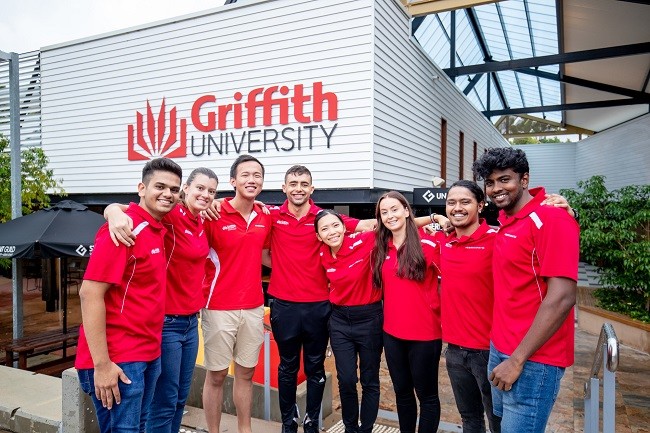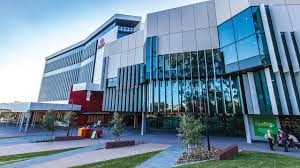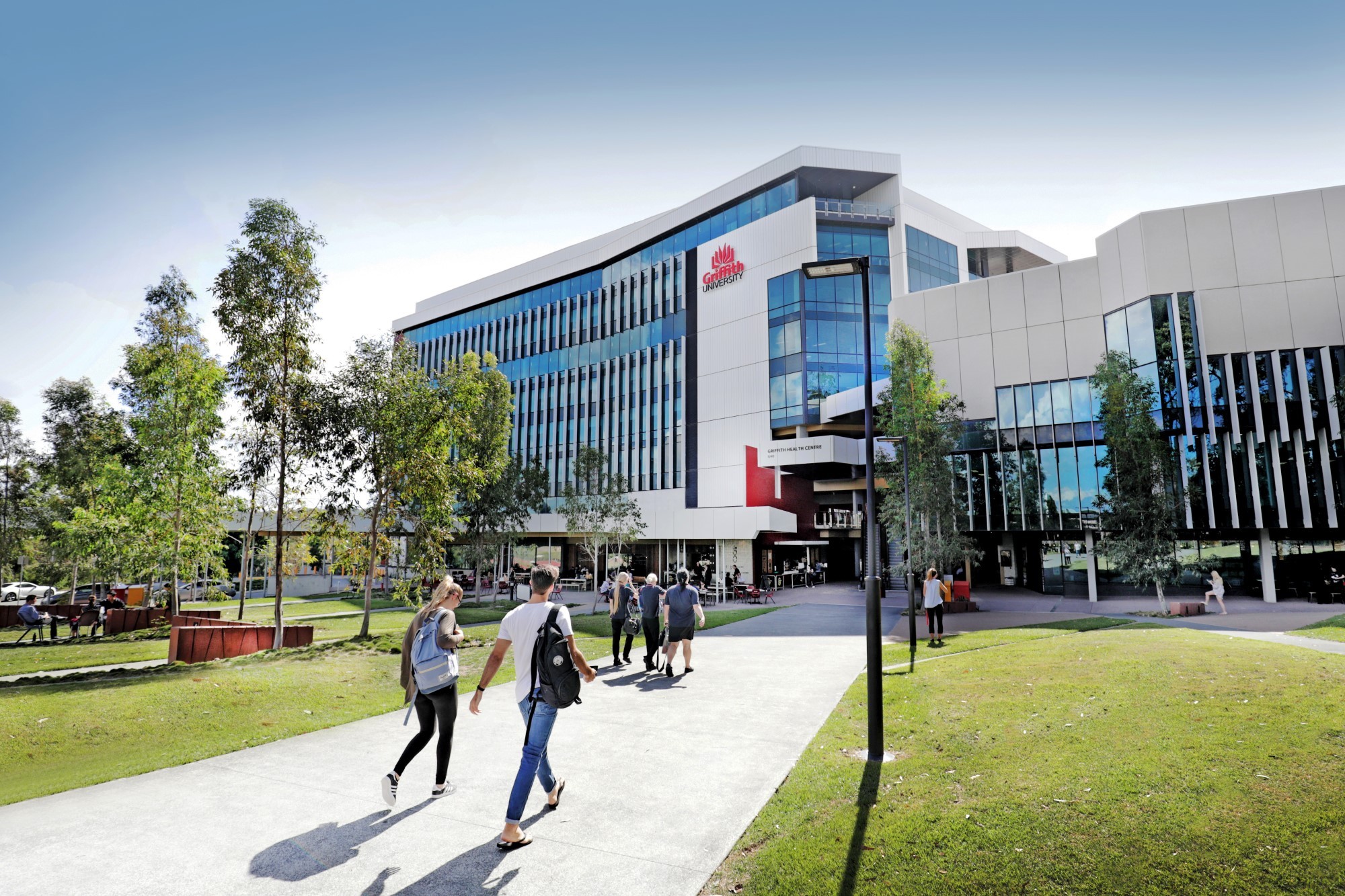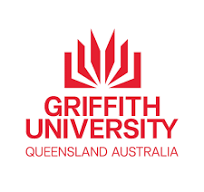
BACHELORS OF SCIENCE / INFORMATION TECHNOLOGY

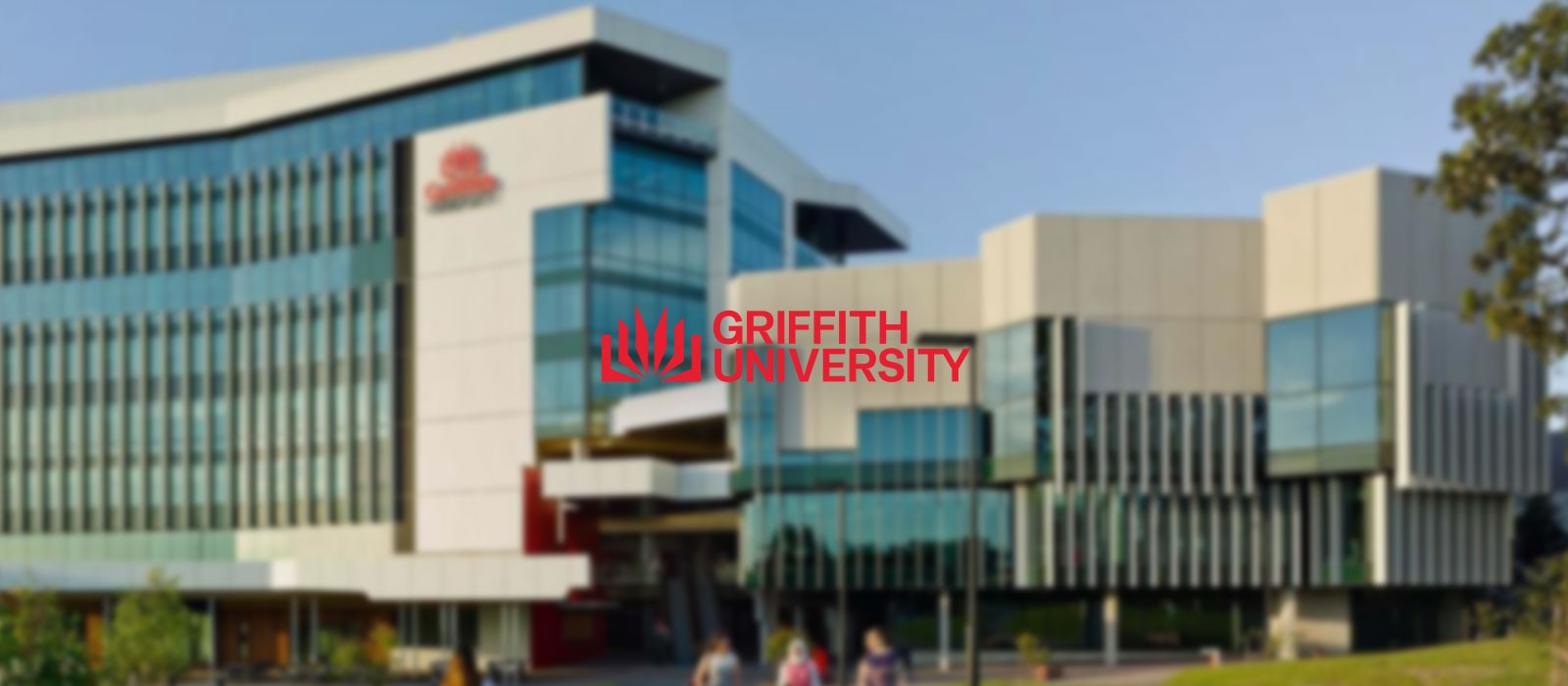
Overview
4 YEARS
YES
AU $38,000 PER YEAR
FEB, JULY, NOV
Overview
> With qualifications in both science and IT, you'll be able to pursue a career in a variety of industries, including commerce, industry, corporate IT, government or private consulting.
> In this double degree, you'll have an introduction to fundamental concepts in mathematics, physics, chemistry, biology, information systems and computer programming before choosing the majors that suit your interests. You'll have access to next generation technology and state-of-the-art labs throughout your studies as you learn from some of Australia's leading researchers.
Industry and expert connections
> Your final year is centred around hands-on projects, which are the core of our unique employability program. You'll gain experience with local and international industry partners with the option to engage with university research, undertake an extended fieldwork program in your major or complete an industry placement.
> Such experiences will help you develop highly valued skills and attributes such as the ability to work in a team to analyse, develop and implement effective solutions to practical challenges. You will also be taught by expert academics with strong ties to their fields who may be able to assist in developing your networks and connections during your studies.
Graduate outcomes
> In this emerging specialty industry, research opportunities are available in varied fields to mine data from databases. You'll find other opportunities to apply your knowledge to weather and climate simulations, population models, and business and consumer data analysis.
> You'll also find opportunities in information technology designing, writing, testing, documenting and maintaining computer applications and research or analytical and development work.
Majors
Science
*Applied Mathematics
*Biochemistry and Molecular Biology
*Chemistry
*Clinical Sciences (Nathan only)
*Geography
*Marine Biology (Gold Coast only)
*Microbiology (Nathan only)
*Physics
*Wildlife Biology
*Archaeology (Nathan only) (from 2021)
Information Technology
*Information Systems and Business Analysis
*Networks and Cyber Security
*Software Development
*Data Analytics and IoT
*Information Technology
Flexibility
Take control of your time - This degree has intakes in Trimester 1, 2 and 3. So, whenever you're ready to study, we're ready to get you started.
Program accreditation
The Bachelor of Information Technology is accredited by the Australian Computer Society (ACS).
The Physics major in the Bachelor of Science is accredited by the Australian Institute of Physics .
Professional recognition
As a graduate of the Bachelor of Science, you will (depending upon your major) be eligible for membership of the following professional bodies:
*Applied Mathematics:
*Ausbiotech Limited
*Australian Mathematical Society (AUTMS)
*Biochemistry and Molecular Biology:
*Ausbiotech Limited
*Australian and New Zealand Society for Cell and Development Biology (ANZSCDB)
*Australian Institute of Food Science and Technology (AIFST)
*Australian Society for Biochemistry and Molecular Biology (ASBMB)
*Australian Society for Medical Research (ASMR)
*Chemistry:
*Royal Australian Chemical Institute (RACI)
*Ausbiotech Limited
*Australian Society for Biochemistry and Molecular Biology (ASBMB)
Physics:
*Australian Institute of Physics (AIP)
*Ausbiotech Limited
Attendance information
> The Bachelor of Science/Bachelor of Information Technology is offered full-time on campus at the Nathan campus. You may choose to study courses at other campuses if or where the program structure allows.
> As a full-time student you will generally attend 15 to 20 hours of scheduled classes per week throughout the trimester. Classes may be scheduled during the day and evening throughout the week.
> If you are an International student on a student visa, you must ensure that you enrol in a way that will allow you to complete your enrolment within the expected program duration as stated on your Confirmation of Enrolment (CoE).
Inquire Now
Entry Requirements
> Qualification: School Leaving Certificate Examination awarded by National Examinations Board
> Your entry requirements include: Grade average of 3.6 in the final year results
> Qualification: Nepalese Proficiency Certificate
> Your entry requirements include: Grade average of 89 in the final year results
> English language requirements apply to International applicants and other applicants whose previous study was undertaken in a language other than English. The minimum English language requirements for such applicants for entry to this program are as follows:
> A minimum overall band score of 6.5 on IELTS (Academic) with no sub-score of less than 6.0
> OR a minimum score of 575 on TOEFL
> OR an internet-based (iBT) TOEFL score of 79 (no sub-score less than 19)
> OR no score less than 3+ in each skill of the ISLPR (conducted by ISLPR Language Services only)
> OR a minimum overall score of 176 (no score less than 169) on C1 Advanced (formerly Cambridge Certificate in Advanced English) or C2 Proficiency (formerly Cambridge Certificate of Proficiency in English)
> OR an overall score of 58 in the Pearson Test of English (Academic) with no score less than 50.
Fees
Tuition fees
> An International student pays tuition fees.
> Students are liable for tuition fees for the courses they are enrolled in as at the census date.
> The tuition fee for students who commence their program prior to 2014 is charged according to the approved program fee for the trimester in which the student commenced the program.
> FEE (INDICATIVE): $38,000 per year
Scholarships
> file:///C:/Users/LANDMASRK%20EDUCATION/Documents/Scholarships%20and%20finance%20Griffith%20UNI.html
Popular Courses
Find your perfect course
Head Office
Kamaladi, Kathmandu
Tel: +977 14542781, 9845566225
E-mail: info@landmarkedu.com
Sydney office
Rockdale, NSW 2216,
Tel: +61 415 122 814
Branch office
Tel: 056-590825
Tel: 021-590828
Tel: 977-71-591694
